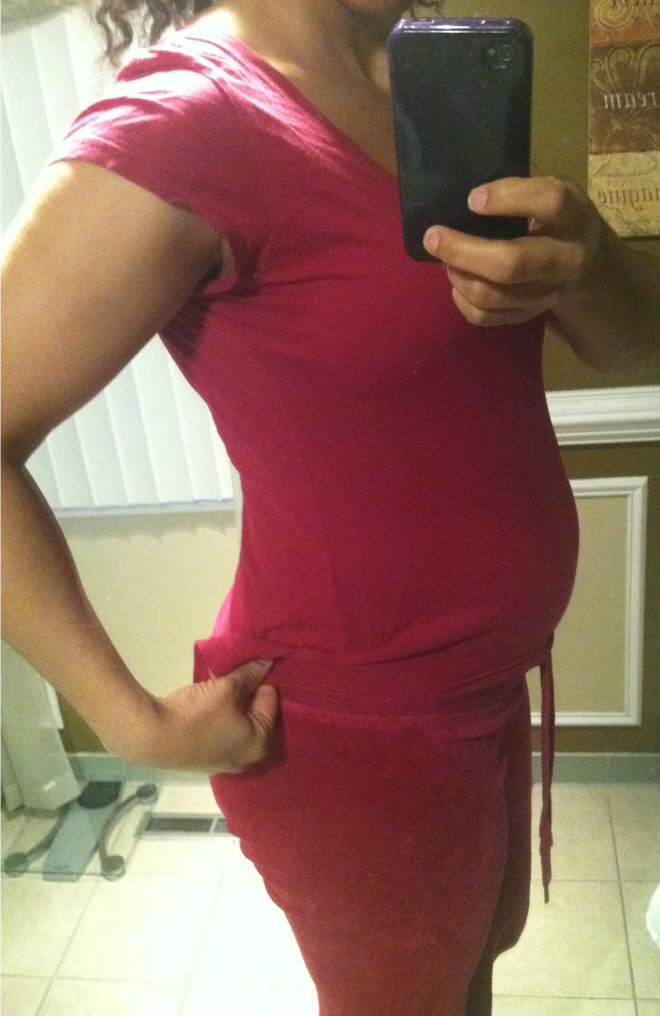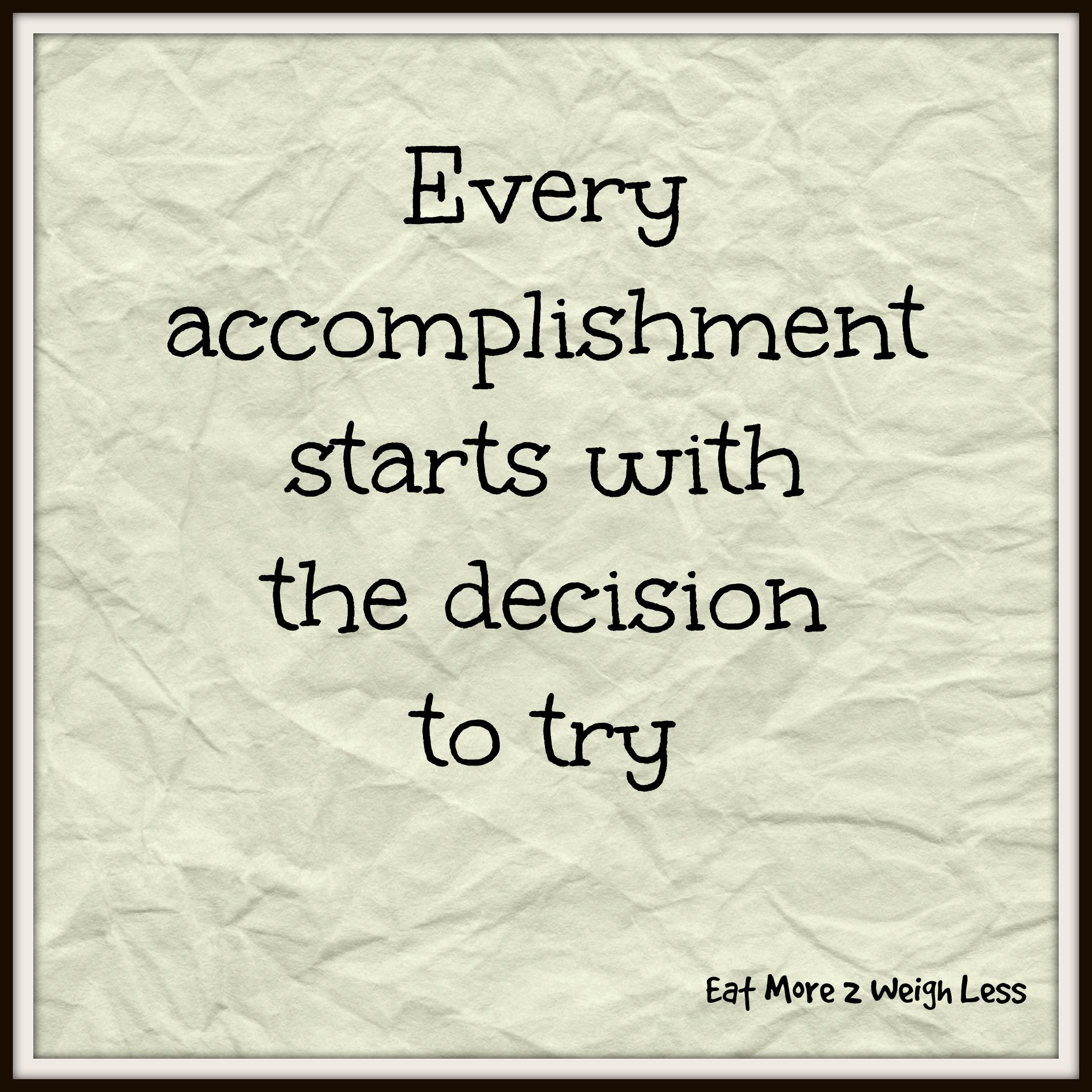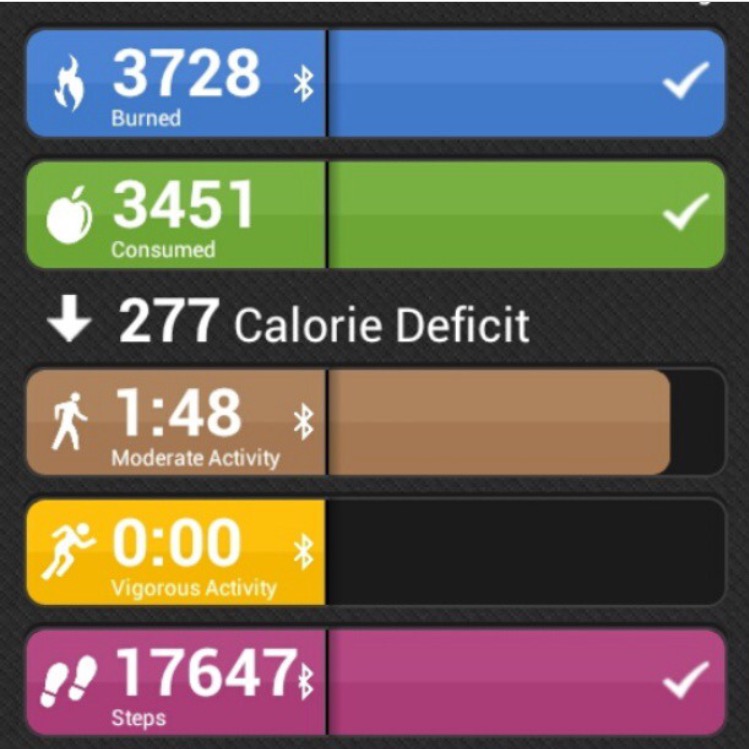Making the decision to do a metabolism rest is no small matter. The mental transition just to decide to “eat more” is already hard enough when coming from a lifestyle of severe calorie restriction. Most are already scared out of their mind at the thought of blowing up from the extra cals, and typically can’t imagine eating that much food without wanting to puke.
Others may not have those thoughts upfront. They are ecstatic at the thought of more food, and begin salivating right away what items will be added back that they’ve been denying themselves up until this point. They immediately have visions of bread and ice cream, and living happily ever after.
Regardless of how one arrives at the point of beginning their reset, once they dive in and get a few days or weeks in, the question inevitably pops up:
Why am I so bloated?
Sometimes it’s more like, “OMG!! I hate you! I knew this would happen! I can’t believe I fell for this crap! EM2WL is a crock! I can’t button my pants! This sucks! I’m up 17lbs from last week! You better hope we don’t meet in a dark alley, I’m gonna $%&*%$#@@$%^&*(*&%$#@##$^&&%!”…
You get the point. The dreaded bloat/”gain” arrives, and we freak.
When we drastically increase cals, we have to realize that we are asking our bodies to work overtime processing more food that it has in who knows how long. We are also possibly re-introducing foods that we had given up and could have become allergic/sensitive to because of eliminating them from our diet (whether born out of necessity or fad). Increasing our intake of known bloat offenders, only exacerbates this problem, making us think that “it’s not working!” or one of the other lines quoted above.
The biggest plus of the EM2WL lifestyle is the time factor. You have it, and lots of it. We encourage members to take this time to become in tuned with your body. Learning how your body reacts to different foods, exercises, etc., is one of the most valuable tools that you will have on your journey. Use this time to log your food, as well as the different things that are happening in your body each day. Begin to connect the dots with days/times that the bloating seems overwhelming and what you ate the day/meal prior. This does not always mean that you will have to omit the item from your diet, rather that you will want to take your time increasing that particular item until your body has fully stabilized. Of course, if you notice a reaction so severe (i.e. allergic) that you feel is not worth the risk, then you can feel free to remove the offender from your diet. But you will likely find that given enough time, and with a few simple tweaks, your body can and will adapt to most food items again.
If you are dealing with the “Reset Bloat” or want to prevent it, here are a few tips that can help:
- Add carbs slowly. Regardless of if you’ve just come off Atkins or were already pretty carb heavy, carbs, in general are prone to bloating when eaten in excess, and when calories are almost doubling (in most cases), your body sees it as excess (at first). So take it slow.
- Add dairy products slowly, for the same reasons as the carbs, this includes protein powders.
- Begin with a bit higher protein ratio, protein makes the body to secrete water, thus controlling bloating. Each time you take the carbs up a notch, you can lower the protein a bit more. Continue in this manner until stabilized.
- Drink enough water. Bloat is one of those times you have to fight fire with fire. The more water you retain, the more you need to drink. Eating foods with diuretic properties can also help (i.e. asparagus, green beans, green tea, etc)
- Reduce your cardio. Where does this one fit in the middle of all of this food talk? Believe it or not, excessive cardio is actually a main contributing factor to poor digestion, as it reduces the acid in the stomach that breaks down food, as well as naturally forming digestive enzymes. When the stomach cannot digest properly, larger food particles are left in lower in the digestive tract = BLOATING. It’s time to cut back, peeps.
- Replace heavy cardio sessions with exercise that will stimulate and retrain your nervous system (thus restoring what digestive functions that the intense/excessive cardio has torn down). Do light stretching, or try a restorative yoga class or DVD. This is not the time for power yoga, but a light relaxing session or even a tranquil walk outdoors. Continue (or begin) weight training, but keep the durations shorter, with longer rests (not circuits). The routines provided in New Rules of Lifting for Women
are fine.
- If you’ve been on a very low fat diet, you will want to introduce some essential fats into your diet as well (i.e. salmon, flaxseed, olive oil, etc).
- You’ll want to get some good supplements in your arsenal as you assist your body on this road to recovery, such digestive enzymes, probiotics, etc., as well as specific vitamins to help repair the digestive functions. These will greatly decrease the bloat factor. If you are at a loss for what supplements to use, feel free to check out our Amazon Store, for the supps that we recommend.
As usual, this is not an all inclusive list, but some very general guidelines that should help you make it through your reset without wanting to shoot yourself…or us.
Are you curious about how the process works, or wondering what's in our Starter Kit E-Book? START HERE. We'll send you a free breakdown of the basics, exclusive videos explaining why everything that you've learned about diets have only led you astray, and an action plan to take your life back immediately.
No worries, we hate spam too!
Discover more from Eat More 2 Weigh Less
Subscribe to get the latest posts sent to your email.







Recent Comments